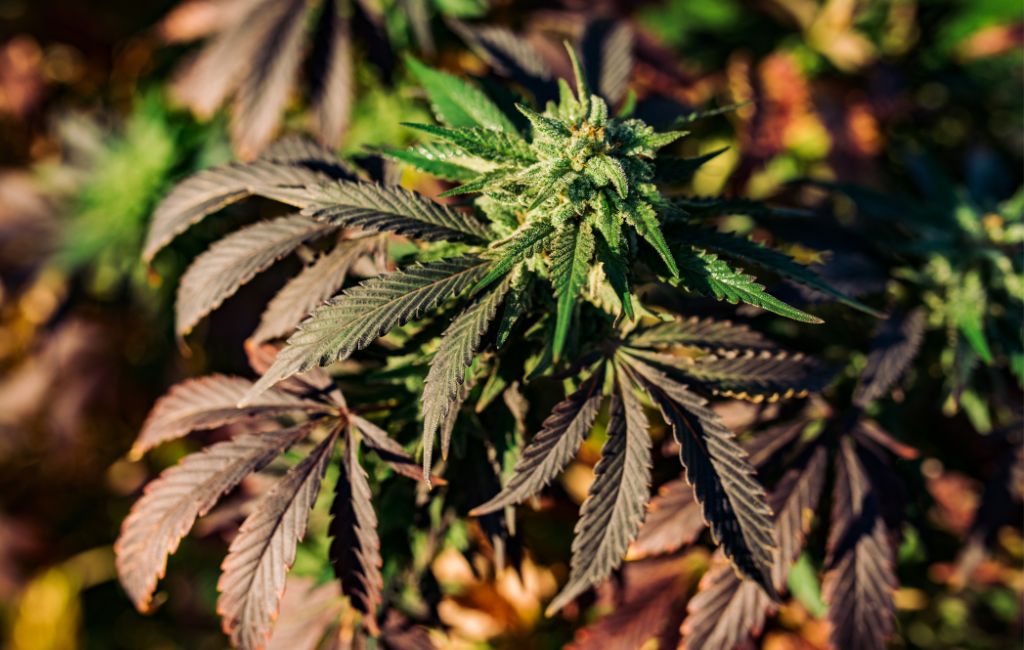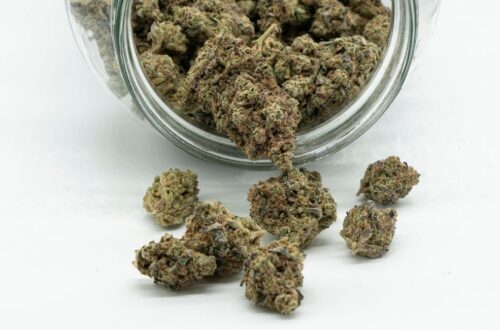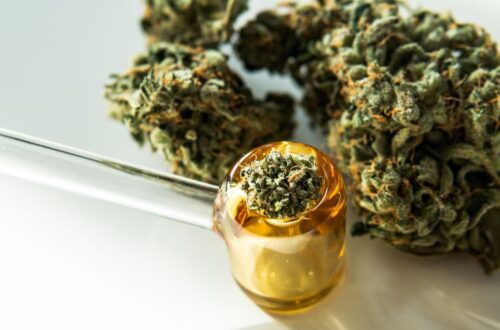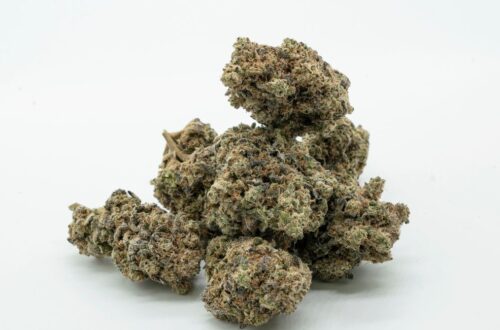Exploring THCa Flower Uses
The world of cannabis is vast and varied, with numerous compounds offering unique benefits. One such compound gaining attention is THCa, or tetrahydrocannabinolic acid. Unlike its more famous counterpart THC, THCa is non-psychoactive in its raw form. This article delves into the THCa flower uses, highlighting its potential benefits and applications.
Understanding THCa
THCa is a cannabinoid found in raw and live cannabis plants. It is the precursor to THC, the compound responsible for the psychoactive effects of cannabis. When cannabis is heated through smoking, vaping, or cooking, THCa converts to THC through a process called decarboxylation. This transformation is what gives cannabis its characteristic high.
In its raw form, THCa does not produce any psychoactive effects. This makes it an attractive option for those seeking the therapeutic benefits of cannabis without the high. Research into THCa is still in its early stages, but preliminary studies suggest it may offer a range of health benefits.
Potential Health Benefits of THCa
While research is ongoing, several potential health benefits of THCa have been identified:
- Anti-inflammatory Properties: THCa may help reduce inflammation, making it a potential option for those with conditions like arthritis or inflammatory bowel disease.
- Neuroprotective Effects: Some studies suggest that THCa may have neuroprotective properties, which could be beneficial for neurodegenerative diseases such as Alzheimer’s or Parkinson’s.
- Anti-emetic Effects: THCa may help reduce nausea and vomiting, which can be particularly useful for patients undergoing chemotherapy.
- Appetite Stimulation: Like THC, THCa may help stimulate appetite, which can be beneficial for individuals with conditions that cause appetite loss.
Methods of Consuming THCa Flower
There are several ways to consume THCa flower, each offering different benefits:
- Raw Consumption: Consuming raw cannabis leaves or flowers in smoothies or salads is one way to intake THCa without converting it to THC.
- Juicing: Juicing raw cannabis is another method to consume THCa. This method preserves the cannabinoid in its natural form, allowing users to benefit from its potential therapeutic effects.
- Tinctures and Oils: THCa can be extracted and used in tinctures or oils, providing a concentrated form of the cannabinoid that can be easily added to food or drinks.
Case Studies and Research
Several case studies and research efforts have explored the potential benefits of THCa. For instance, a study published in the British Journal of Pharmacology highlighted the anti-inflammatory properties of THCa, suggesting its potential use in treating inflammatory conditions. Another study in the Journal of Neuroimmune Pharmacology discussed the neuroprotective effects of THCa, indicating its promise in managing neurodegenerative diseases.
These studies, while promising, are preliminary. More research is needed to fully understand the potential of THCa and how it can be effectively used in medical treatments.
Legal Considerations
The legal status of THCa varies by region. In some areas, THCa is considered legal as it is non-psychoactive. However, once it is converted to THC, it may fall under different legal regulations. It’s important for consumers to be aware of the laws in their area regarding the use and possession of cannabis products.
Conclusion
THCa flower offers a unique opportunity for those seeking the therapeutic benefits of cannabis without the psychoactive effects. With potential benefits ranging from anti-inflammatory and neuroprotective effects to appetite stimulation, THCa is an exciting area of research in the cannabis industry. As studies continue to explore its full potential, THCa may become a valuable component in the world of natural health remedies.





